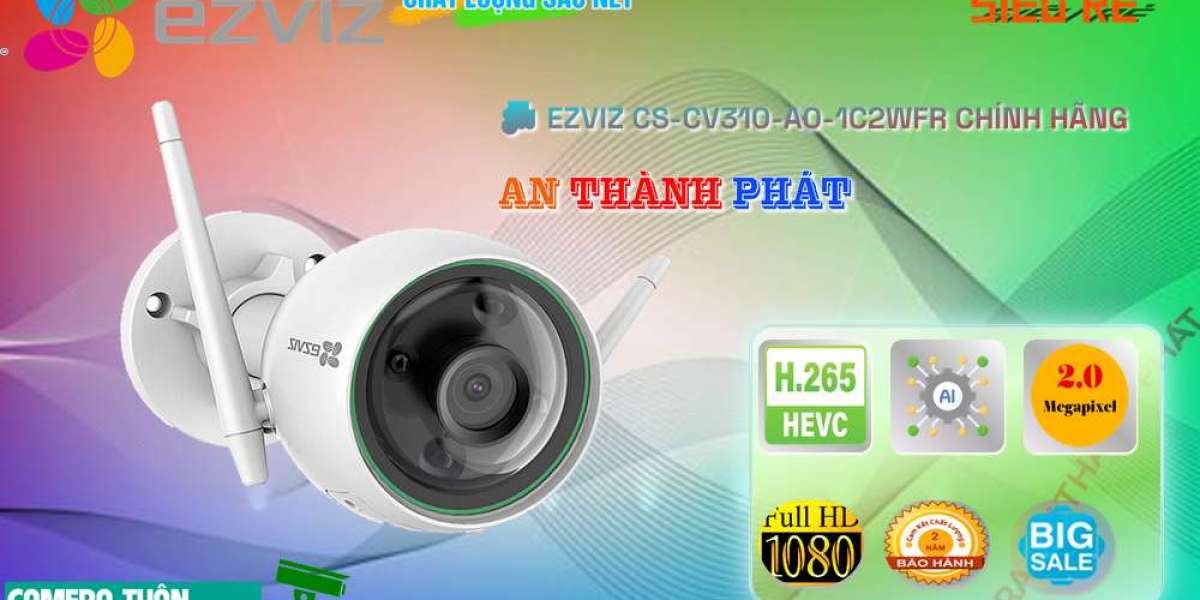In the world of cranes, cutting corners is never worth the risk. By prioritizing certified P&H crane parts from a trusted crane parts supplier, you're not just maintaining your equipment—you're investing in safety, compliance, and long-term success.
In the world of heavy machinery, few pieces of equipment are as crucial as cranes. Among the various brands, P&H cranes stand out for their reliability and performance. But even the best cranes are only as good as their parts. That's why today, we're diving into the importance of using certified P&H crane parts and how they contribute to compliance and safety in your operations.
The Critical Role of Genuine P&H Crane Parts
When it comes to maintaining and repairing your P&H crane, using genuine parts isn't just a recommendation—it's a necessity. As an experienced crane parts supplier will tell you, certified P&H crane parts are designed to meet strict quality standards, ensuring optimal performance and longevity of your equipment.
But why is this so important? Let's break it down:
1. Safety First: The Non-Negotiable Priority
In the construction and manufacturing industries, safety isn't just a buzzword—it's a matter of life and death. Using certified P&H crane parts plays a crucial role in maintaining the safety of your operations. These parts are rigorously tested to withstand the stresses and strains of heavy lifting, reducing the risk of equipment failure and potential accidents.
2. Compliance: Meeting Industry Standards
Regulatory bodies have strict guidelines for crane operations, and using certified parts is often a requirement for compliance. By sourcing your P&H crane parts from a reputable crane parts supplier, you're not just buying components—you're investing in peace of mind, knowing that your equipment meets or exceeds industry standards.
3. Performance and Efficiency: Maximizing Your Investment
Genuine P&H crane parts are engineered to work seamlessly with your equipment. This perfect fit translates to better performance, increased efficiency, and reduced downtime. In the long run, this can lead to significant cost savings and improved productivity.
The Risks of Non-Certified Parts
You might be tempted to cut corners by using non-certified parts, but this decision can have serious consequences. Let's look at some of the risks:
Increased Safety Hazards: Non-certified parts may not meet the safety standards required for heavy lifting operations, putting your workers and equipment at risk.
Compliance Issues: Using non-certified parts could lead to failing inspections and potential legal repercussions.
Reduced Equipment Lifespan: Inferior parts can cause accelerated wear and tear on your crane, shortening its operational life.
Higher Long-Term Costs: While non-certified parts might seem cheaper initially, they often lead to more frequent replacements and repairs, increasing your overall costs.
Choosing the Right Crane Parts Supplier
When it comes to P&H crane parts, not all suppliers offer the same level of quality or service. Here's what to look for in a reliable crane parts supplier:
Certification: Ensure your supplier is authorized to sell genuine P&H crane parts.
Expertise: Look for a supplier with in-depth knowledge of P&H cranes and their components.
Inventory: A good supplier should have a wide range of P&H crane parts in stock for quick delivery.
Support: Choose a supplier that offers technical support and advice on part selection and installation.
Maintenance Best Practices with Certified Parts
To get the most out of your certified P&H crane parts, follow these maintenance best practices:
Regular Inspections: Conduct thorough inspections of your crane and its parts according to manufacturer recommendations and industry standards.
Timely Replacements: Don't wait for parts to fail. Replace them proactively based on wear and usage.
Proper Installation: Ensure that certified
P&H crane parts are installed correctly, preferably by trained professionals.
Documentation: Keep detailed records of all parts replacements and maintenance activities for compliance and tracking purposes.
Conclusion: Invest in Quality, Reap the Benefits
In the world of cranes, cutting corners is never worth the risk. By prioritizing certified P&H crane parts from a trusted crane parts supplier, you're not just maintaining your equipment—you're investing in safety, compliance, and long-term success.
Remember, when it comes to P&H crane parts, quality isn't expensive—it's priceless. So, make the smart choice for your business, your equipment, and most importantly, your people. Choose certified P&H crane parts and partner with a reputable crane parts supplier to keep your operations running smoothly, safely, and efficiently for years to come.







